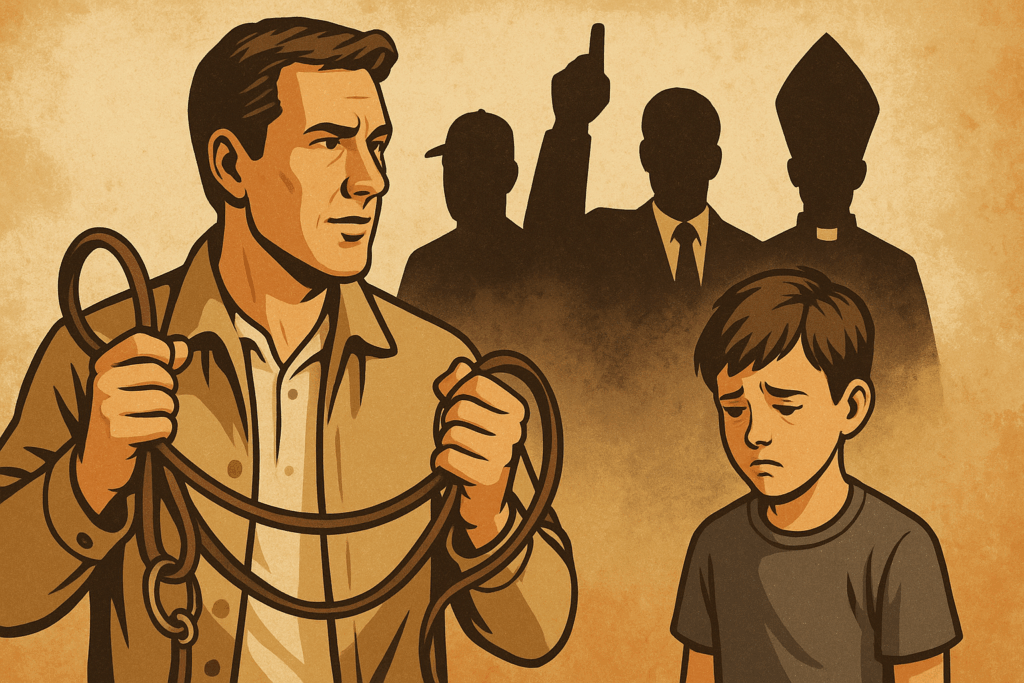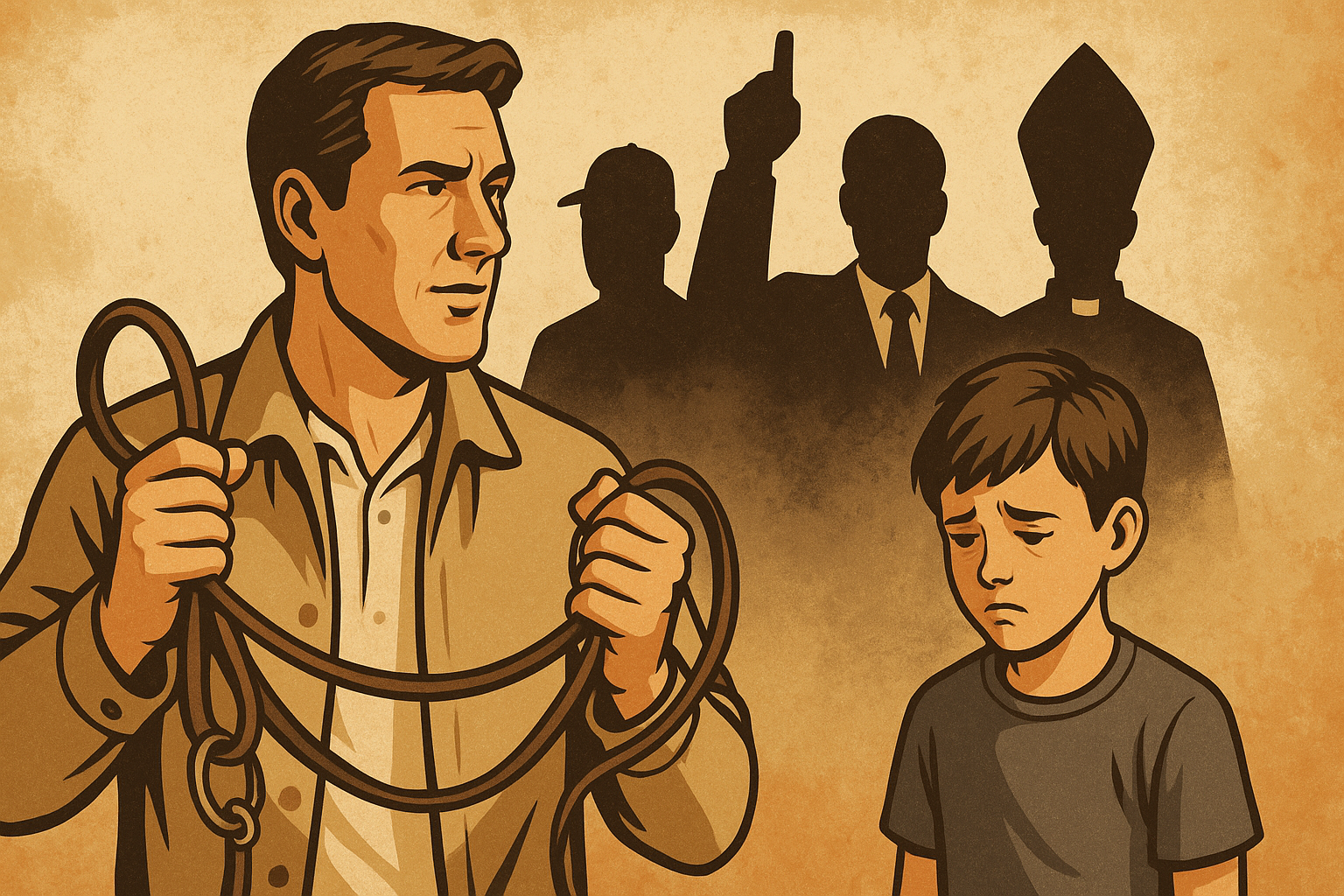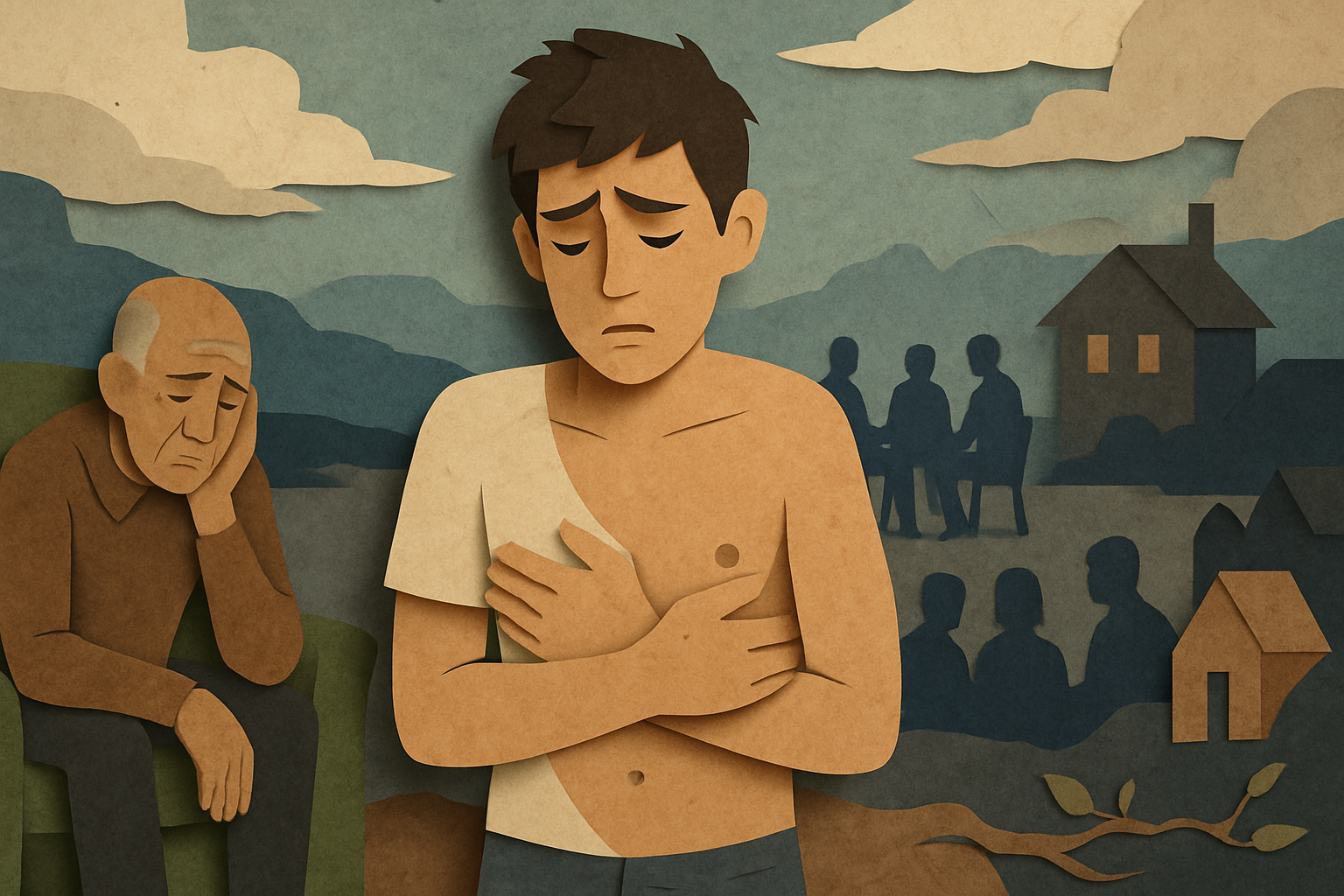READ IT TO ME: Click play to listen to this post.
“We are the leaders, we have been looking for.” – Grace Lee Boggs
Recovery is a leadership issue. Coming to terms with authority is necessary to sort out who your own personal leader will be. Addicts demonstrate a long history of passing the buck, hoping someone else will take the reins of responsibility and face difficulty. As a result, they remain stuck in destructive behavior, blaming others for the misfortunes that come their way.
What authority do you depend upon? Your dad? Your relationship partner? Your friend, etc.? Looking back, my authority was my dad. Subconsciously, I wanted to please him at all costs! When I didn’t, I created other sources for authority, like my coaches in sports or religious leaders. However, they all let me down.
Abuse from authority figures leaves us on guard as an adult about authority figures. We tend to put people in the category of authority when they may not deserve to be such a person. We are vulnerable to self-proclaimed leaders who suggest a magic formula for peace, success, and happiness, who make difficult life decisions, and who tell us that all will be well. We want to believe that if we do what the leader does, then we too will be happy and successful.
As tempting as it sometimes seems, it’s never true. I grew up in a cult. After years of trying to please my religious authorities, it dawned on me that it was not working in my best interest and was actually contributing to my demise. Allowing others to be my authority contributed to my going down the primrose path of destructive addiction. I could never seem to please and the authorities, who were inevitably a disappointment. I would either put a perceived leader on a pedestal or bitch and complain how a perceived leader was not measuring up. Ultimately, this pattern just kept me stuck and helpless in victimhood.
A pattern developed where I would put someone on a pedestal of authority and then rebel against them, focusing on their shortcomings. Over time, I recognized that I was stuck in my childhood when I felt fear, mistrust, shame, timidity, anger, and resentment. I realized that I wanted an authority figure to rescue me and protect me in a way that my dad never did. I learned to approach things from a new perspective as a recovering adult.
Here are a few steps that can help you come to terms with your own authority issues in life:
1. Genuinely grieve your childhood. None of us got through childhood unscathed. There were many small “t” traumas that were experienced, and no doubt some big “T” traumas too. Soren Kierkegaard once said, “Life is meant to be lived forward but can only be understood backwards”. Looking back is important to recognize and grieve with sadness and other deep emotions, what could have been and never was. Grieving and giving back the feeling of shame that is dominated by inadequate parenting is necessary. If your parents loved you but did not spend sufficient amounts of time with you on your terms, then you learned that you did not matter to them as much. You can grieve this reality of past experience by sitting down with your parents and telling them face-to-face. When it is not appropriate to do this in person ( health, their refusal to do so, etc) then you can have the same conversation with them by metaphorically putting them in an empty chair with a friend present to give you validation and a fair hearing. These emotional shares will help release the past that sabotages the present and will empower you to be your own authority in the here and now.
2. Declare that you are and must be your own authority. Not in a teenage rebellious way, but with clarity of understanding that, ultimately, the universe insists that if it is going to be, it is up to you. Take in others’ influence, intuition and insight but embrace that you are the leader you are looking for—no other parent, entrepreneur, religious guru or sports icon can be a better leader than you for you. Grace Lee Boggs was correct that we (you) are the leader(s) that we (you) are looking for.
3. Take the reins for the frightened child in your life, and empower yourself to speak your truth. It is possible to feel shaky, tender, or intimidated and speak your truth anyway! Some people think that being your own authority means that you eliminate fear and uncertainty and that you always feel strong and unafraid. This is a myth. You may put your parent into the scene with another, and they may not know anything about it. Suddenly, the person you are speaking to has the face of your mother or father. They don’t know it, and sometimes neither do you. But you respond to this person in authority the same way you would when you were a young child. Like the whip who gives the reins of the stagecoach to a small, inexperienced boy, and with the team of horses running out of control, headed for a narrow passageway with a 100-foot drop. Everyone knows that the outcome is going to be devastating. The whip reaches over and firmly grabs the reins from the boy and pulls him close to his side. While he reins in the team of horses, he says to the young boy, “I’ve been here many times before and I know how to get the team of horses to slow down even to a stop. We will navigate the narrow passage way and all will be safe and sound,” and that’s exactly what happens. In the presence of fear and intimidation, you are the whip! Just remember to take the reins from the frightened little child. While taking charge, reassure the child within that you are the leader you have been looking for!





